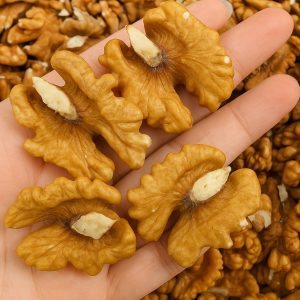Cayenne pepper has long been valued for its potential health benefits, particularly in supporting circulation and cardiovascular health. Some herbalists, including John Christopher, have suggested that cayenne pepper may help in emergencies such as heart attacks. However, while cayenne pepper does have beneficial properties, it is not a medically proven treatment for stopping a heart attack.
Can Cayenne Pepper Help During a Heart Attack?

There is no scientific evidence to support the claim that cayenne pepper can immediately stop a heart attack. While cayenne contains capsaicin, which may have positive effects on blood circulation and heart function, there is no reliable medical research proving that it can act as an emergency remedy for heart attacks.
Medical professionals emphasize that if someone is experiencing symptoms of a heart attack—such as chest pain, shortness of breath, dizziness, or discomfort in the upper body—the only appropriate response is to call emergency medical services immediately. Delaying professional care to try alternative treatments can be life-threatening.
The Benefits of Cayenne Pepper

Although cayenne pepper is not a heart attack remedy, it does have several scientifically supported health benefits:
- Supports Circulation – Cayenne pepper may help improve blood flow and support healthy circulation when included as part of a balanced diet.
- Anti-Inflammatory Properties – Capsaicin, the active compound in cayenne, has been studied for its potential to reduce inflammation.
- Aids Digestion – Some research suggests that cayenne can stimulate digestive enzymes and support gut health.
- Potential Heart Health Benefits – Some studies indicate that regular consumption of cayenne pepper may contribute to maintaining normal blood pressure and cholesterol levels, but more research is needed.
Conclusion

Cayenne pepper is a powerful spice with many potential health benefits, but it is not a substitute for emergency heart attack treatment. While it may support circulation and overall heart health, it should never be relied upon as an immediate remedy in a life-threatening situation. For heart health, focus on a well-balanced diet, regular exercise, and consulting a healthcare professional for personalized advice.
By understanding the facts, you can make informed decisions about your health and wellness. Stay safe and always prioritize professional medical care when needed.




